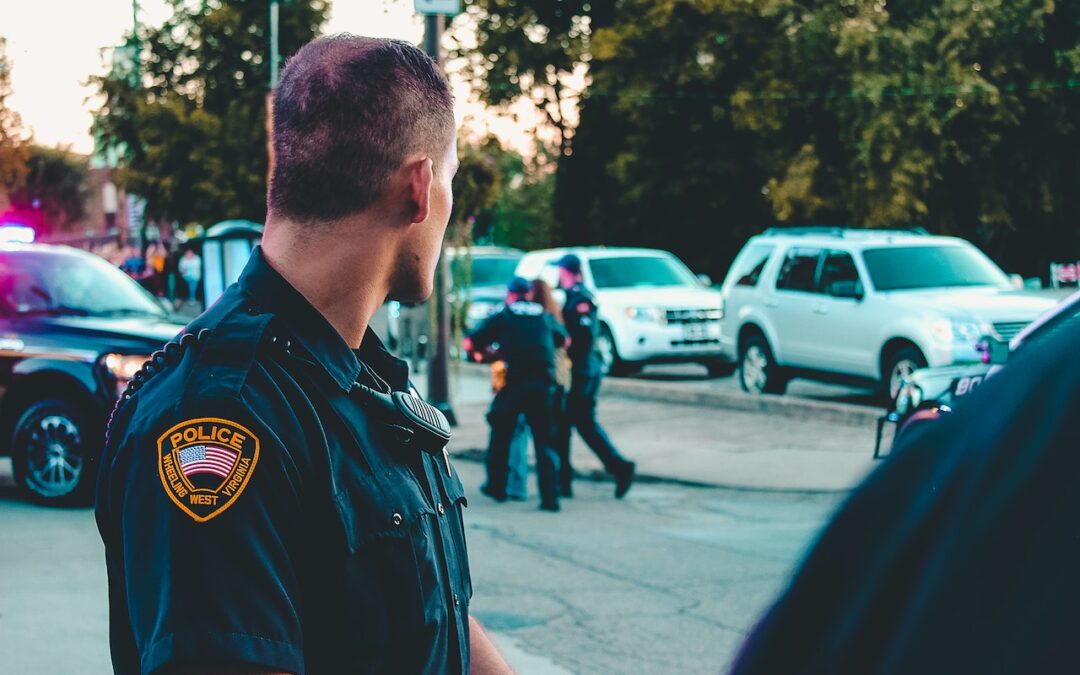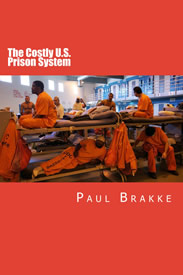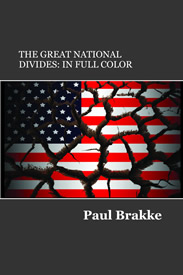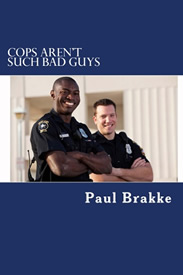FOR IMMEDIATE RELEASE
Citizen-police relationships are continuing to deteriorate at a time when mass shootings are devastating communities, though the police can help citizens with preventive measures as well as helping them after the fact. Then too, the police need to better respond to defuse citizen protests when an officer is justifiably cleared of killing a criminal with a gun in self-defense.

In response, criminal justice expert Paul Brakke, publisher of American Leadership Books and author of nine books on crime and American society, has developed a national program for improving citizen-police relationships. It is part of a comprehensive program dealing with the major issues of today, including the divisions tearing America apart, the immigration issue, the opioid crisis, and prison reform. These each examine the issue from a pragmatic conservative perspective, taking into account costs and results, and suggest solutions to resolve these problems and heal America.
This first program on citizen-police relationships is designed to be used by law enforcement, citizen groups, and national, state, and county government officials interested in crime prevention issues. To this end, Brakke has been contacting nearly 15,000 law enforcement professionals, including chiefs of police and training school directors, and other legislators in Washington, D.C., with his recommendations on what to do.
This program, like others in the series, includes these components, in this case focused on police issues:
– a comprehensive 10-page white paper How We Can Improve Citizen-Police Relationships,
– two informational videos and PowerPoint presentations based on this white paper: Improving Citizen-Police Relationships (8 minutes) and Other Ways to Improve Citizen-Police Relationships (14 minutes),
– two 4 to 6 minute collections of short 15-30 second promotional videos featuring different recommendations drawn from the white paper and informational videos.
Some examples of over two dozen recommendations include these:
• Revise police procedures on the use of deadly force at the state level and nationally to reduce the number of avoidable killings by police.
• Where possible, the police should use diplomacy and negotiation tactics to calm a suspect in order to arrest him rather than killing him; then prosecutors and defense attorneys will deal with his case.
• Set up crime prevention meetings to provide advice on what to do, from protecting citizens against inner-city gang violence to protecting one’s home or car against a burglary.
• Combine the growing use of technology by the police with more direct citizen-police contact.
In making these observations and recommendations for improving citizen-police relationships, Brakke has drawn on more than five years of research on the criminal justice system in America, and he has written about citizen-police relationships in a chapter in Crime in America and in Cops Aren’t Such Bad Guys.
He offers a unique conservative approach to crime, criminal justice, and American society, based on applying an economic business model. The goal is to do what works most efficiently to reduce costs and create more productive citizens.
The videos for his program are available on the American Leadership Books’ YouTube channel at https://www.youtube.com/channel/UCfHgXXiW3jgODnaypgcYZFw
The whole program of videos, PowerPoints, and white papers will be available on the American Leadership Books’ website in July.
To learn more, you can get a copy of Crime in America or Uncertain Justice, with a chapter on the police in America. The books are available through Amazon, Kindle, and major bookstores. Also, free copies are available for law enforcement professionals, government officials, and politicians who are seeking ways to reduce crime and fix the criminal justice system at https://crimeinamericathebook.com or at https://uncertainjustice.com. Review copies are also available for high school and college teachers who might want to use these books and presentation materials in their classes. Members of the media can obtain information there, too.
For copies of the book, more information on American Leadership Books and Paul Brakke, and to set up interviews, please contact:




